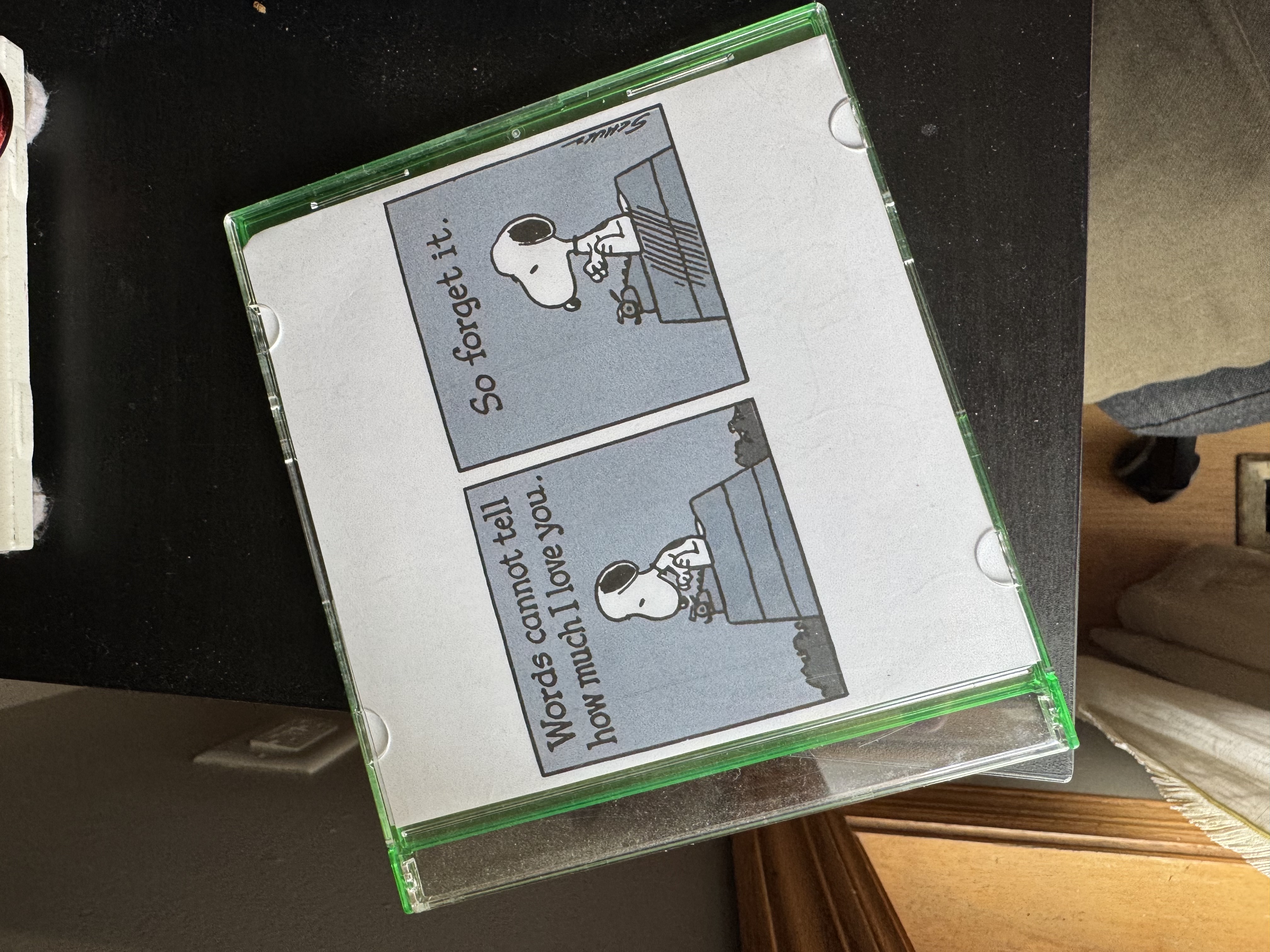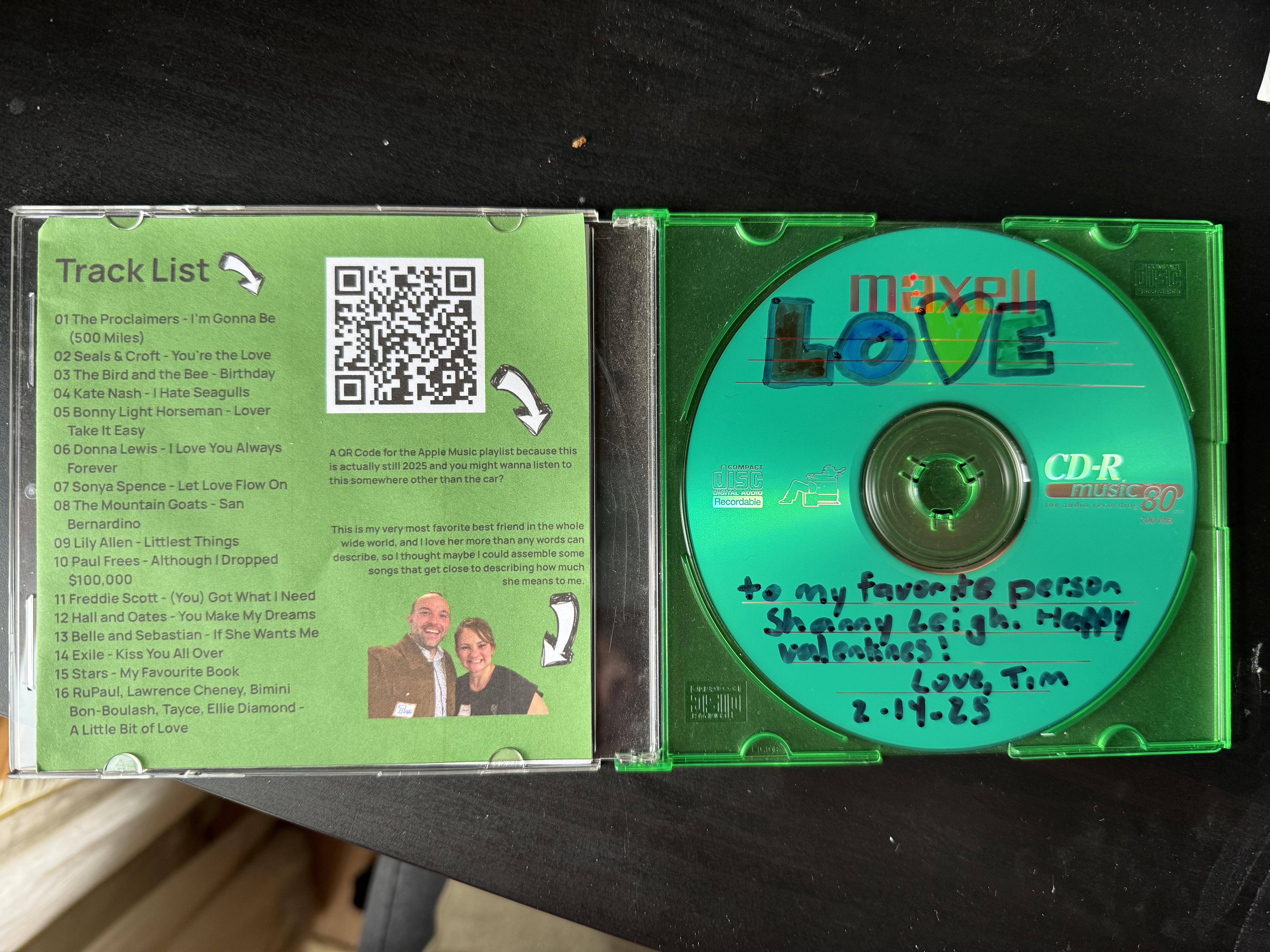My family and I love going to Barnes and Noble whenever we stop at the Mall of America.
For the first several years of their lives, whenever we'd enter the doors of that prime Rotunda location, the kids and I would make a beeline to the train table situated all the way to the back.
It felt a natural path, a re-routing of the natural path I used to take whenever I'd enter the Borders bookstore that no longer exists by my own parent's house.
At Borders, I'd make a beeline for the tech books. I remember peeking at every single one, from A+ certification manuals to Web Pages That Suck (a book that I checked out from the library half a dozen times). To me, there might as well have been no other sections in the store.
As I get older, I'm finding myself questioning these paths that I take. The well-worn path worked great for an era of my life, but sometimes, it's fun to venture onto something new.
My kids are older now, but they still run into Barnes and Noble with the same gusto they've had for years. The difference is that they're old enough to run ahead of me.
This means I can take my time, which I use to slowly scan over all the books displayed in stacks on tables in the aisle.
A few weeks ago, I noticed a book called What My Mother and I Don't Talk About. It's a collection of essays from 15 different writers about their relationships with their mothers.
This style of book perfectly meshes with my preferred approach of reading: instead of one theme carried across 300 pages, each chapter is its own contained, complete thought. It really felt like I was burning through my Instapaper queue.
And of course, the stories told in these essays were tragic, beautiful, and every feeling in between.
It's hard not to read these stories and reflect on my relationship with my own mother. At a minimum, I am grateful that I don't have an especially painful or abusive relationship like several expressed. Maybe someday, I'll pen my own essay and share it with my mom before she passes.
But until then, I'll have to bask in the wisdom shared in this book.
Some of the highlights:
I really enjoyed Kiese Laymon's "While These Things / Feel American To Me", with this timely evaluation of life in this country:
The problem in this country is not that we fail to "get along" with people, parties, and politics with which we disagree. The problem is that we are horrific at justly loving the people, places, and politics we purport to love.
As someone grappling with letting go of my own traumas, this quote from Brandon Taylor's "All About My Mother" is a helpful observation:
It's strange, really, that to grasp that which has hurt you, you must trust it not to hurt you when you let it inhabit you.
And finally, two observations from the final essay in the book, Leslie Jamison's "I Met Fear On The Hill". First, on love:
This pride comes from the same internal place as the delusion I spent much of my young adulthood believing: that it is better to be the one desired more, rather than the one doing more desiring. As if love were a contest; as if desire were fixed, or absolute; as if either position could insulate you from being harmed or causing harm; as if being in control could insulate you from anything.
And finally, on the importance of telling your truth:
We get so used to the stories we tell about ourselves. This is why we sometimes need to find ourselves in the stories of others.
I highly recommend reading this book, and then if you're lucky enough, go give your mom a hug.


